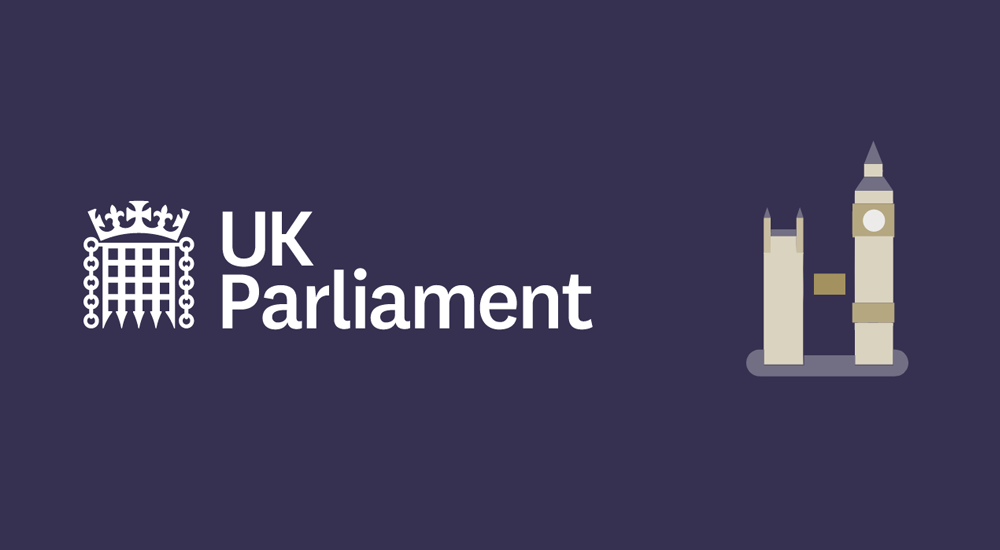SARG work cited at Health and Social Care Committee inquiry

SARG work on the combined effects of tobacco and alcohol pricing policy was mentioned in the Health and Social Care Committee inquiry on tobacco, alcohol, gambling and drugs this week.
Findings from our SYNTAX project were cited at the inquiry as part of evidence that it is possible to get a "bigger bang for your buck" from public health action across multiple unhealthy commodities.
Hazel Cheeseman, Deputy Chief Executive at Action on Smoking and Health (ASH), referred to our work in her presentation to the Committee on 6 February 2024, noting that greater impacts can be achieved by increasing tobacco and alcohol taxes in tandem.
The SYNTAX project focused on the connections between alcohol and tobacco consumption, and produced the evidence required for joint policy analysis of alcohol and tobacco tax policy changes.
Further reading
Alcohol and tobacco are not separate worlds: Conceptualising changes to tobacco and alcohol policy as affecting a single interlinked system (2021) BMC Public Health
11.6% of households buy both alcohol and tobacco and households with lower income spend a higher proportion of their income on tobacco and alcohol: Do dual purchasers behave differently? An analysis of purchasing data for households that buy both alcohol and tobacco in the United Kingdom (2021) Addiction
The combined use of alcohol and tobacco increases the health and mortality burden on people who both smoke and drink: Alcohol and Tobacco Attributable Fractions for Scotland, The University of Sheffield
Because they are not separate worlds, pricing policies that reduce tobacco consumption could affect alcohol consumption, and vice versa: Estimation of integrated price elasticities for alcohol and tobacco in the United Kingdom using the Living Costs and Food Survey 2006-2017 (2023) Drug and Alcohol Review
Impact analyses should consider the combined effects of alcohol and tobacco pricing policies on health and economic inequalities, and how the effects of changes to the price of each commodity might trade-off: Mapping alcohol and tobacco tax policy interventions to inform health and economic impact analyses: A United Kingdom based qualitative framework analysis (2023) International Journal of Drug Policy
-
SARG researcher Dr Parvati Perman-Howe secures NIHR Career Development Award
We are delighted to announce that Dr Parvati Perman-Howe, a Research Associate within the Sheffield Addictions Research Group (SARG), has secured a highly sought-after Career Development Award.
-
Professor John Holmes contributes to major new report outlining actions to tackle alcohol harm
SARG Director Professor John Holmes was part of an expert panel that supported the development of 'A Healthier Future: A long-term vision to tackle alcohol harm in the UK', a significant new report published by the Institute of Alcohol Studies (IAS) this week.
-
SARG researchers present on economic modelling and wastewater surveillance at European Public Health Conference
Two researchers from the Sheffield Addictions Research Group (SARG), Dr Charlotte Head and Dr Esther Chanakira, will showcase innovative local-level tools for policy design, including economic modelling and wastewater surveillance, at the European Public Health (EPH) Conference in Helsinki from 11–14 November 2025.
-
SARG to present latest research on alcohol-free and low-alcohol drinks at SSA Annual Conference 2025
Researchers from the Sheffield Addictions Research Group (SARG) are set to present their latest findings on alcohol-free and low-alcohol drinks at the Society for the Study of Addiction (SSA) Annual Conference 2025.
You might also be interested in…
-
Professor John Holmes contributes to major new report outlining actions to tackle alcohol harm
SARG Director Professor John Holmes was part of an expert panel that supported the development of 'A Healthier Future: A long-term vision to tackle alcohol harm in the UK', a significant new report published by the Institute of Alcohol Studies (IAS) this week.
-
SARG researchers present on economic modelling and wastewater surveillance at European Public Health Conference
Two researchers from the Sheffield Addictions Research Group (SARG), Dr Charlotte Head and Dr Esther Chanakira, will showcase innovative local-level tools for policy design, including economic modelling and wastewater surveillance, at the European Public Health (EPH) Conference in Helsinki from 11–14 November 2025.
-
SARG researchers to present at European nicotine and tobacco conference
Two researchers from the Sheffield Addictions Research Group (SARG), Esther Moore and Professor Hazel Squires, will present their latest findings at the annual conference of the European Chapter of the Society for Research on Nicotine and Tobacco (SRNT-E).
